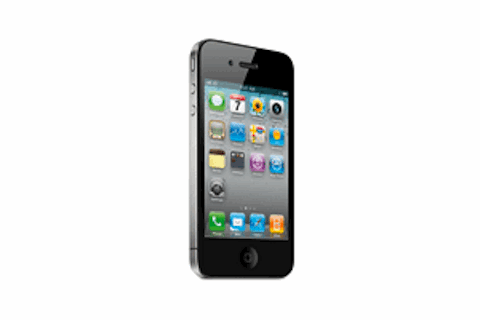Last updated April 12, 2019
Americans are generally in favor of equal rights, but as it turns out, cell phone users across the nation are being treated unequally when it comes to the ways in which law enforcement can stretch its powers into these highly personal devices.
The Fourth Amendment prohibits warrantless searches, but that has not meant that all police officers get official permission from a judge before sifting through the data contained in a cell phone. Nor are these officers necessarily in the wrong, since there is currently no clear federal law establishing a national policy.
That means that courts across the country have the final word on the issue. Unfortunately, the court system had created a patchwork of different rules and standards. This situation is unlikely to change unless Congress passes a law that touches on the issue or the US Supreme Court hears a cell phone search case and issues a ruling. Until that time, most Americans cannot be sure that the information stored in their cell phones falls within the realm of privacy protection.
Cell phone data includes such information as contact lists, records of calls made, received, and missed, and even geolocation data that can establish someone’s location at the time of a crime. Nor are police forces shy about using such data; cell phone carriers receive over a million requests each year from authorities in search of customer information.
According to Justice Department lawyer Jason Weinstein: “Congress should clarify the legal standard.” Most cell phone users would probably agree.
